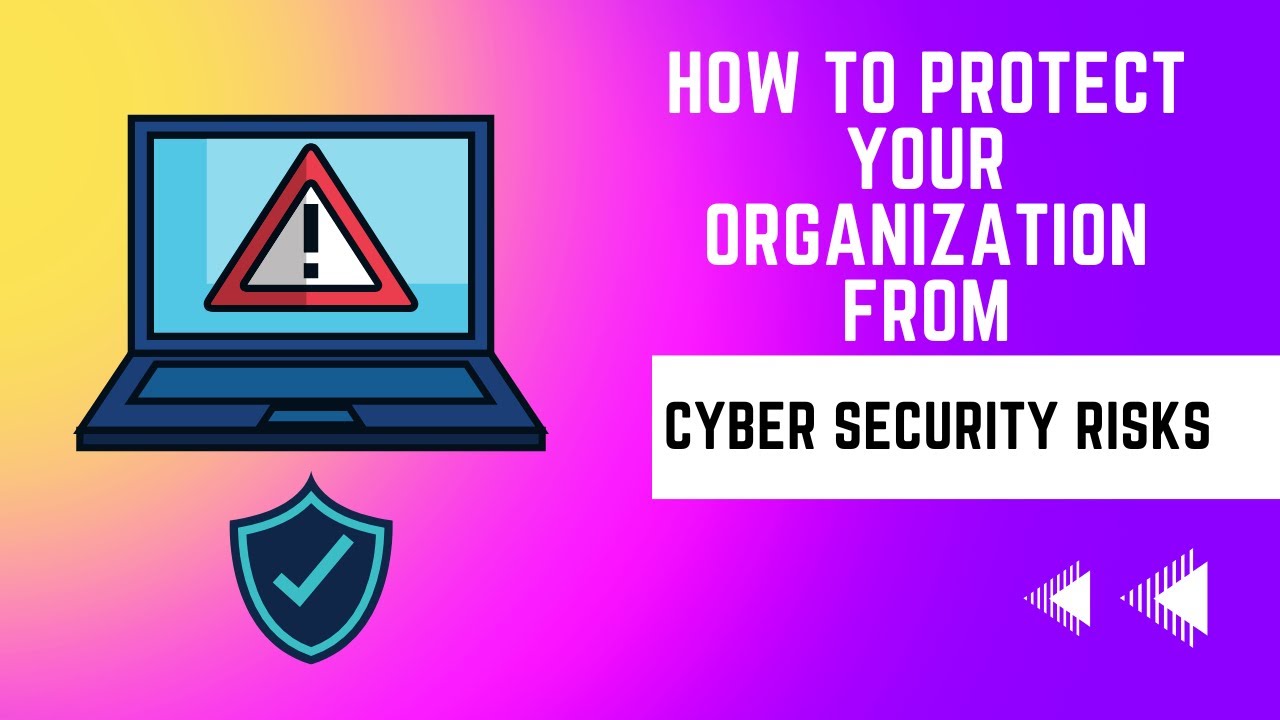Security done right – infosec wins of 2022
The toasts, triumphs, and biggest security wins of the year

As 2022 draws to a close, The Daily Swig is revisiting some of the year’s most notable web security wins and egregious infosec fails.
Yesterday we showcased the year’s biggest fails – the security disasters, industry calamities, and the emergence of vulnerabilities so stupid they’ll make your eyes roll.
Today, we’re celebrating the times that organizations, governments, and the infosec community have shown laudable skill, judgement, and commitment to better securing the cyber sphere in 2022.
CCFA changes
This year saw major progress made in protecting ethical hacking from unfair legal consequences. Current laws worldwide often enable prosecution of security researchers motivated to protect rather than harm users, creating risks for ethical hackers in the course of doing their job.
In the US, the Department of Justice (DoJ) announced it will no longer prosecute security researchers who act in “good faith” under a landmark revision to its policy regarding computer crime laws.
The amendment, announced back in May, laid out changes to prosecution criteria under the Computer Fraud and Abuse Act (CFAA).
Good faith in this case refers to an individual accessing a computer solely for purposes of good-faith testing, investigation, or correction of a security flaw or vulnerability.
RELATED Stupid security 2022 – this year’s infosec fails
Decriminalizing UK ethical hackers
Across the pond, UK legislators proposed an amendment to the Product Security and Telecommunications Infrastructure (PSTI) bill back in June that would give cybersecurity professionals a legal defence for their activities under the Computer Misuse Act (CMA).
Critics argue that the law, which came into effect in 1990, is outdated and unduly prosecutes security researchers, ethical hackers, and pen testers who responsibly hunt for or report vulnerabilities.
Campaigners continue to call for legal clarification of legitimate hacking activities, which they argue include responsible vulnerability research and disclosure, proportionate threat intelligence, best practice internet scanning, enumeration, use of open directory…


